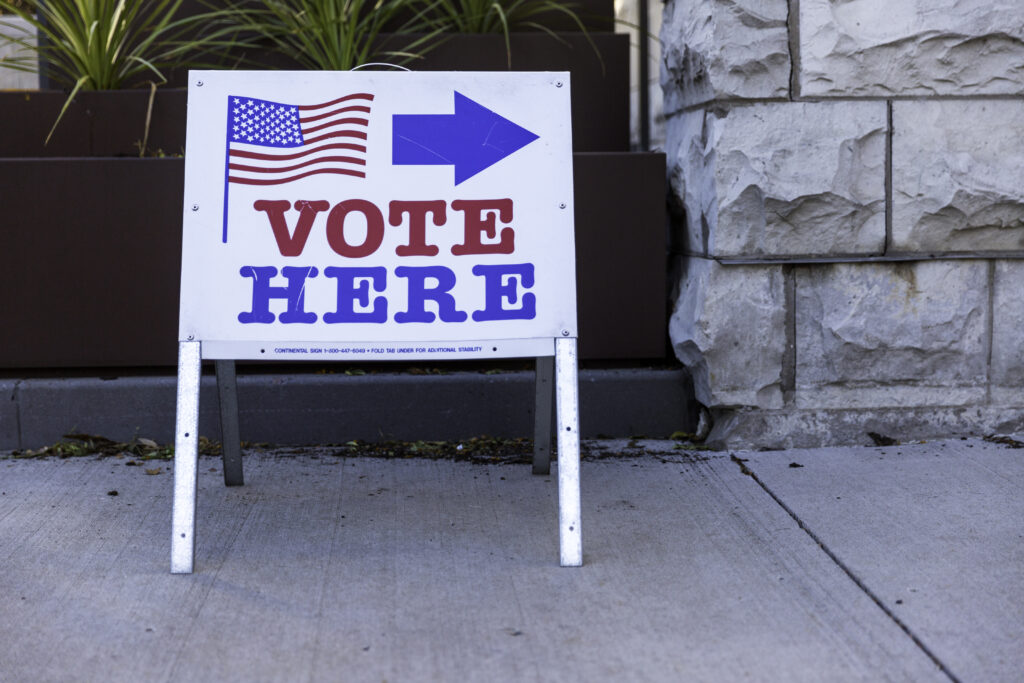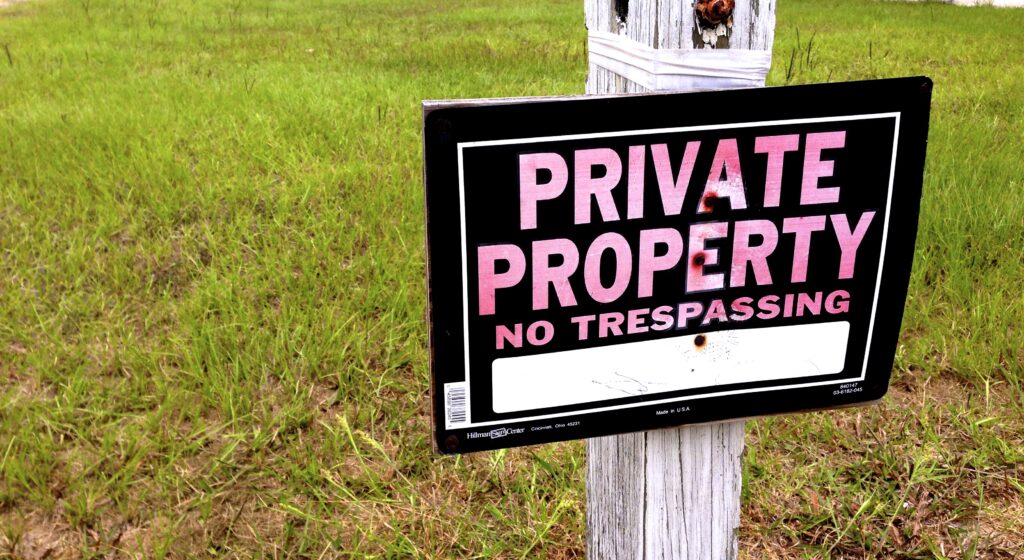In 2012, Trinity Lutheran Church of Columbia, Missouri applied for a state grant to have its playgrounds resurfaced. The Missouri Department of Natural Resources denied the application, saying any allocation of government funds to a religious institution would violate Missouri’s Blaine amendment, which prohibits use of public money to fund sectarian organizations.
In Trinity Lutheran Church of Columbia, Inc. v. Comer, the U.S. Supreme Court ruled 7-2 in June Missouri’s “policy expressly discriminates against otherwise eligible recipients by disqualifying them from a public benefit solely because of their religious character.
“The Department’s policy violated the rights of Trinity Lutheran under the Free Exercise Clause of the First Amendment by denying the Church an otherwise available public benefit on account of its religious status,” the majority opinion said.
Blaine Implications
Blaine amendments in 39 state constitutions have impeded implementation of school choice programs, such as vouchers and education savings accounts, which enable parents to use taxpayer dollars for education choices other than their neighborhood government school. The Supreme Court decision returned three cases in Colorado and one in New Mexico regarding private school choice programs to the states’ supreme courts for reconsideration.
Rob Natelson, a senior fellow in constitutional jurisprudence at the Independence Institute, says the Court’s decision has complex implications for future litigation.
“The effect is limited because in footnote 3, the court says, basically, this is a case where you have a religious organization that is not engaged in a religious activity,” Natelson said. “The playground is not a religious activity. There were only two justices who quarreled with that footnote—Clarence Thomas and Neil Gorsuch—so if you’re assessing the likelihood of a challenge for the whole Blaine provision, then you only surely have two justices. If you’re bringing a lawsuit on behalf of a program that includes religious schools, religious schools are engaged in a religious activity. Theology is invariably part of their curriculum.
“The more optimistic part of this case from the standpoint of those of us who don’t like Blaine amendments is the [Colorado case],” Natelson said. “That’s a very hopeful sign that obviously a majority of the Court thought that even though Trinity Lutheran was a limited opinion—it was limited by footnote 3—the court thought that the Douglas County Case needed to be reargued.”
Parents ‘Should Find Comfort’
Leslie Hiner, vice president of programs at EdChoice, says the ruling is a win for parents.
“Parents using educational choice options to send their children to faith-based schools should find comfort in the words of Justice Gorsuch, who wrote, ‘the general principles here do not permit discrimination against religious exercise—whether on the playground or anywhere else,'” Hiner said. “The Court ruled that to deny a public benefit to a religious entity solely because it is religious is ‘odious to the Constitution.'”
‘Leveled the Playing Field’
Josh Brown, legal counsel and director of public policy for Citizens for Community Values, says the ruling has far-reaching implications for religious liberty.
“The U.S. Supreme Court leveled the playing field,” Brown said. “In siding with Trinity Lutheran, the high court sent a strong message: Religious bigotry cannot stand under the First Amendment. At a time when people like U.S. Sen. Bernie Sanders (D-VT) are claiming that Christians are unfit for posts in the federal government because of their Biblical beliefs, this case is a clear reminder that Christians–and all people of faith–cannot be discriminated against because of their religious views.”
‘We Are Hopeful’
Hiner says though it’s uncertain how this decision will affect school choice, there are reasons for optimism.
“We do not yet know how this standard might be applied to educational choice programs moving forward, but we are hopeful that this ruling might help knock down barriers in states that prohibit K-12 students from accessing faith-based schooling options,” Hiner said.
Teresa Mull ([email protected]) is a research fellow in education policy at The Heartland Institute.
INTERNET INFO:
Joy Pullmann, “Research & Commentary: Blaine Amendments,” The Heartland Institute, June 28, 2011: https://heartland.org/publications-resources/publications/research-and-commentary-blaine-amendments?source=policybot





